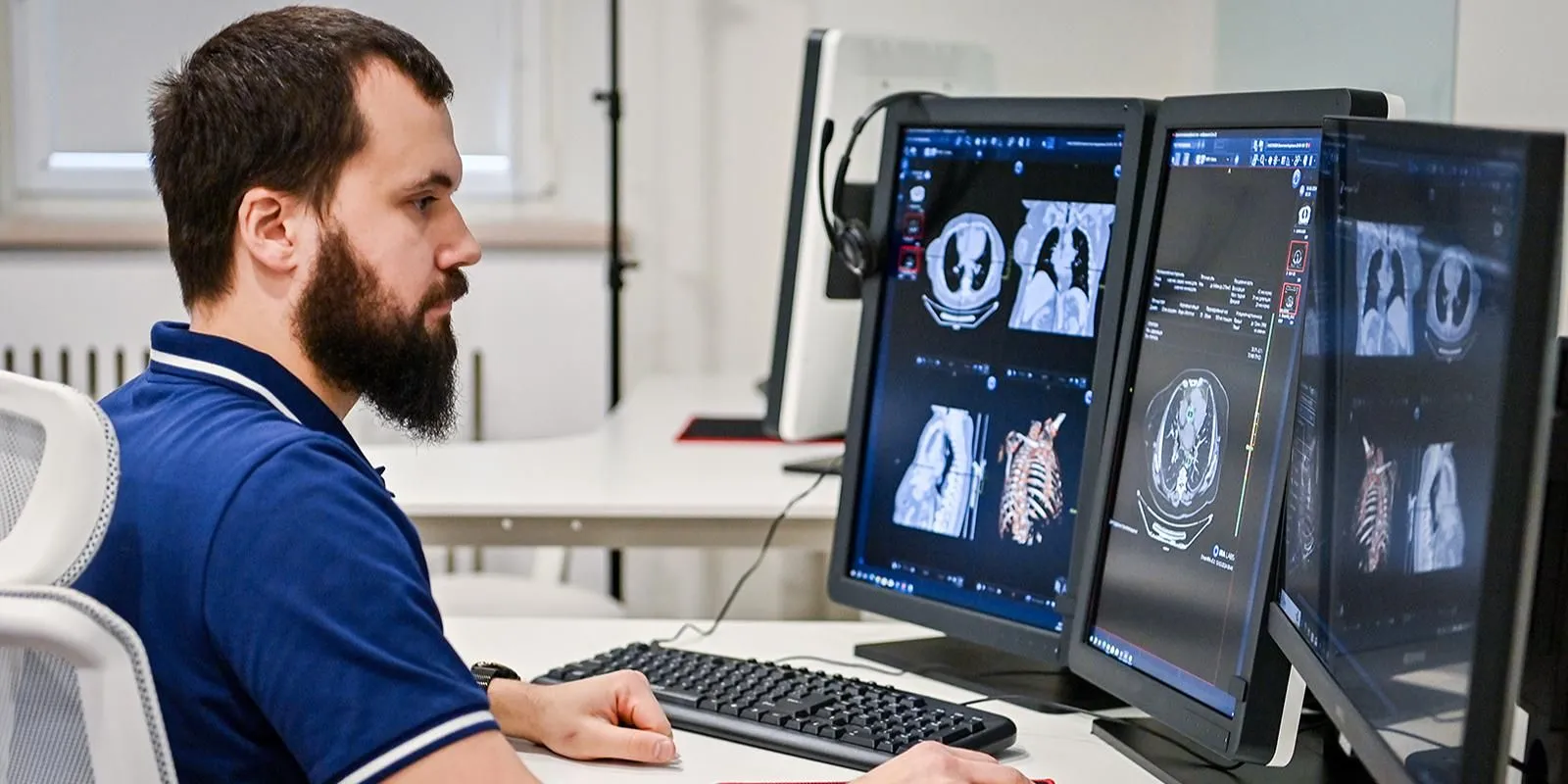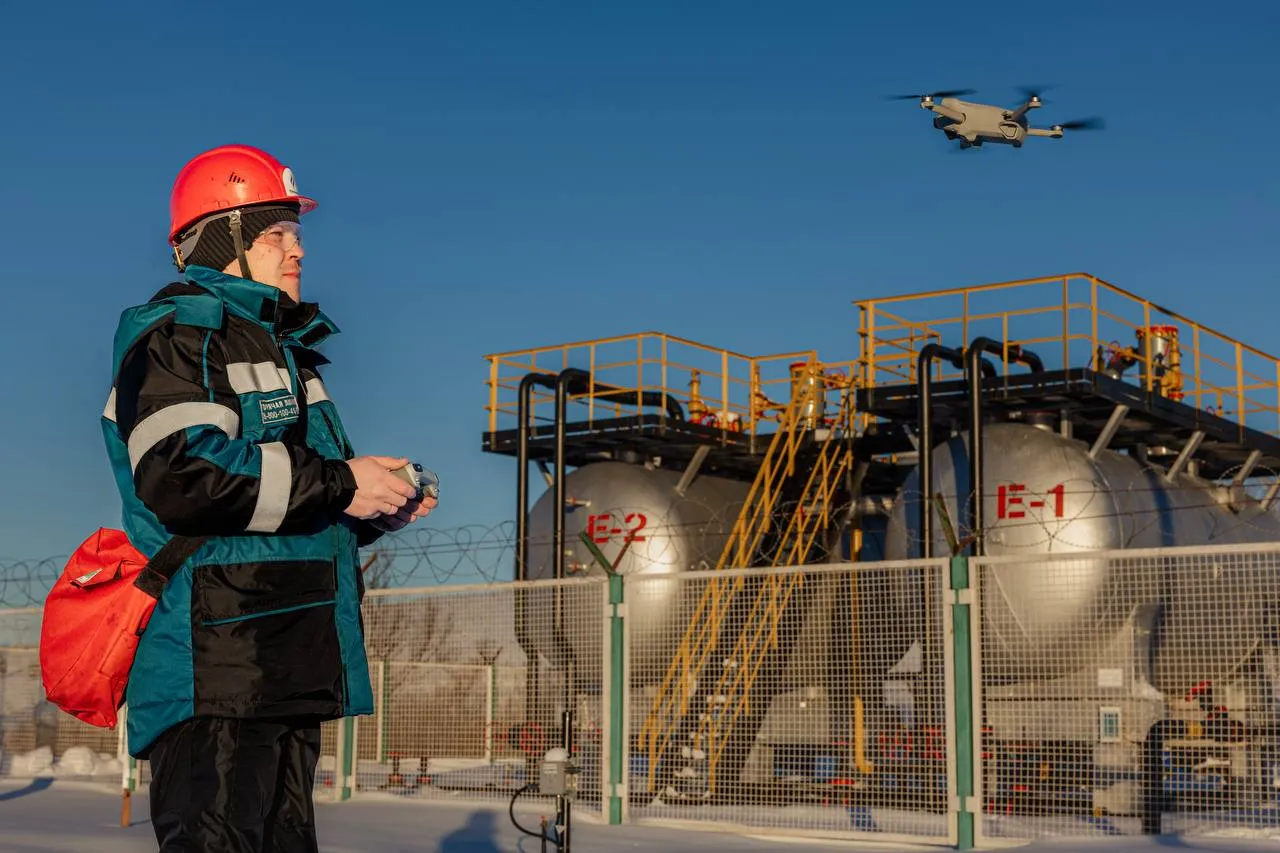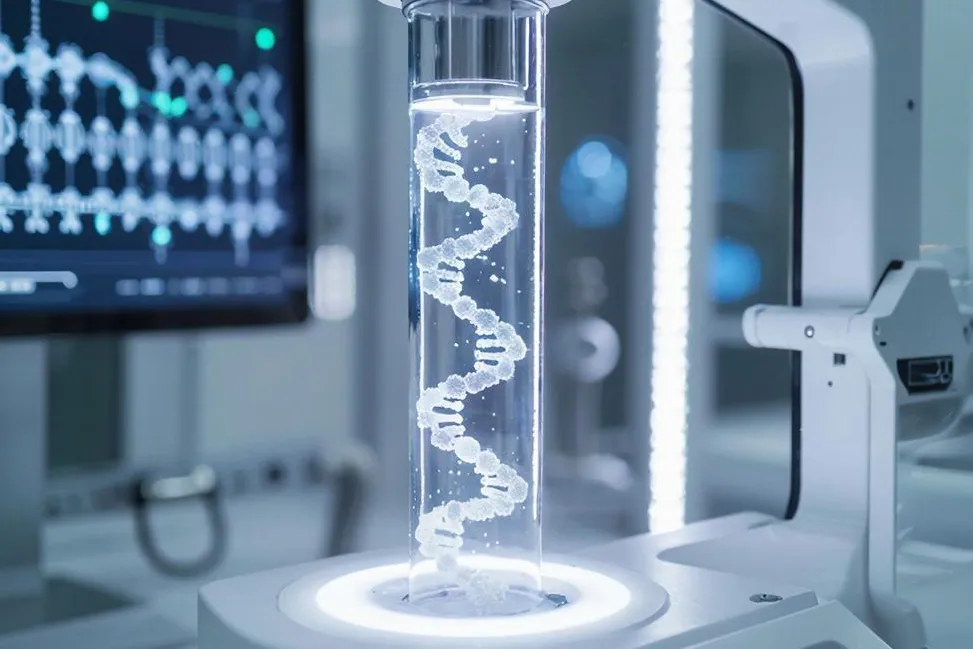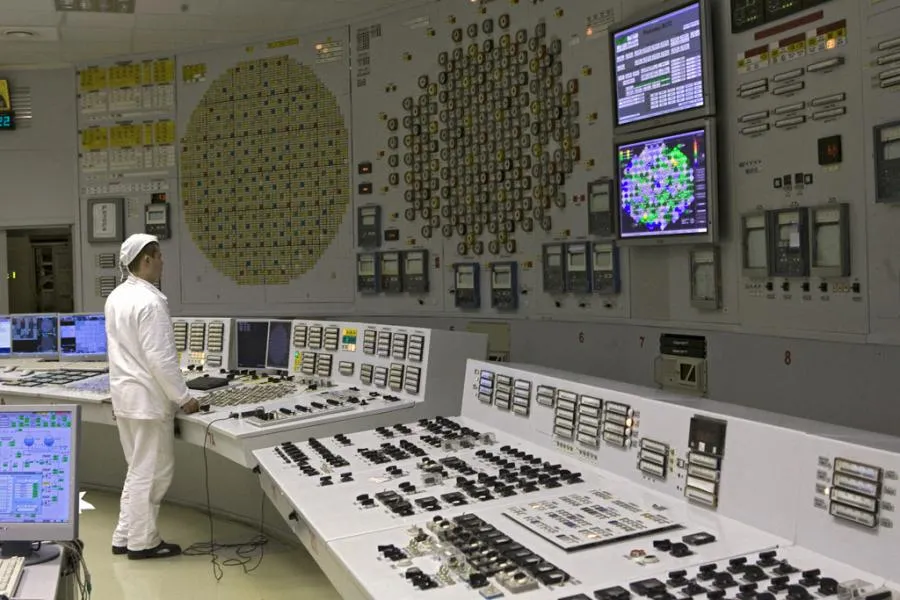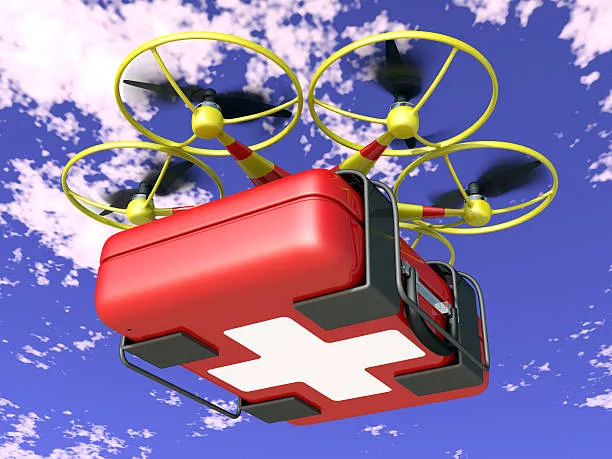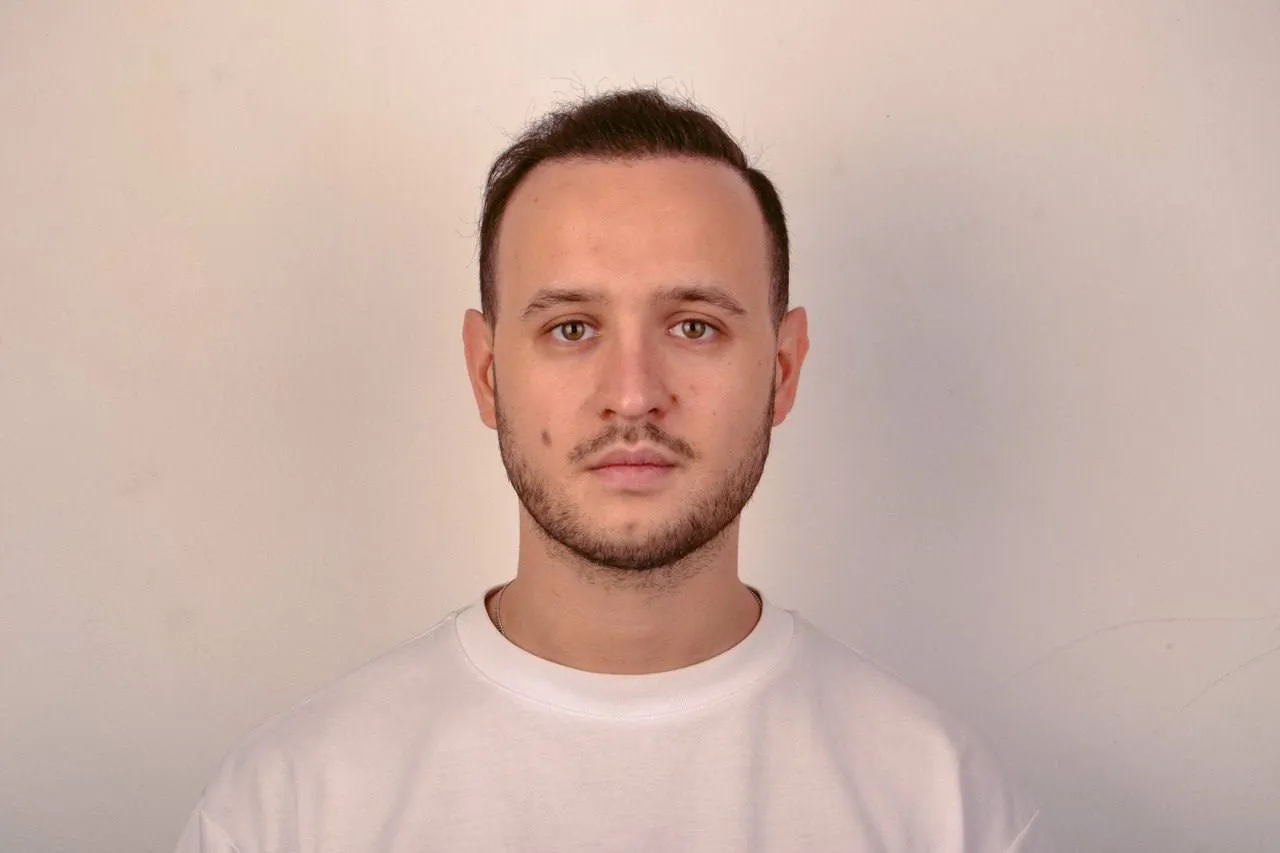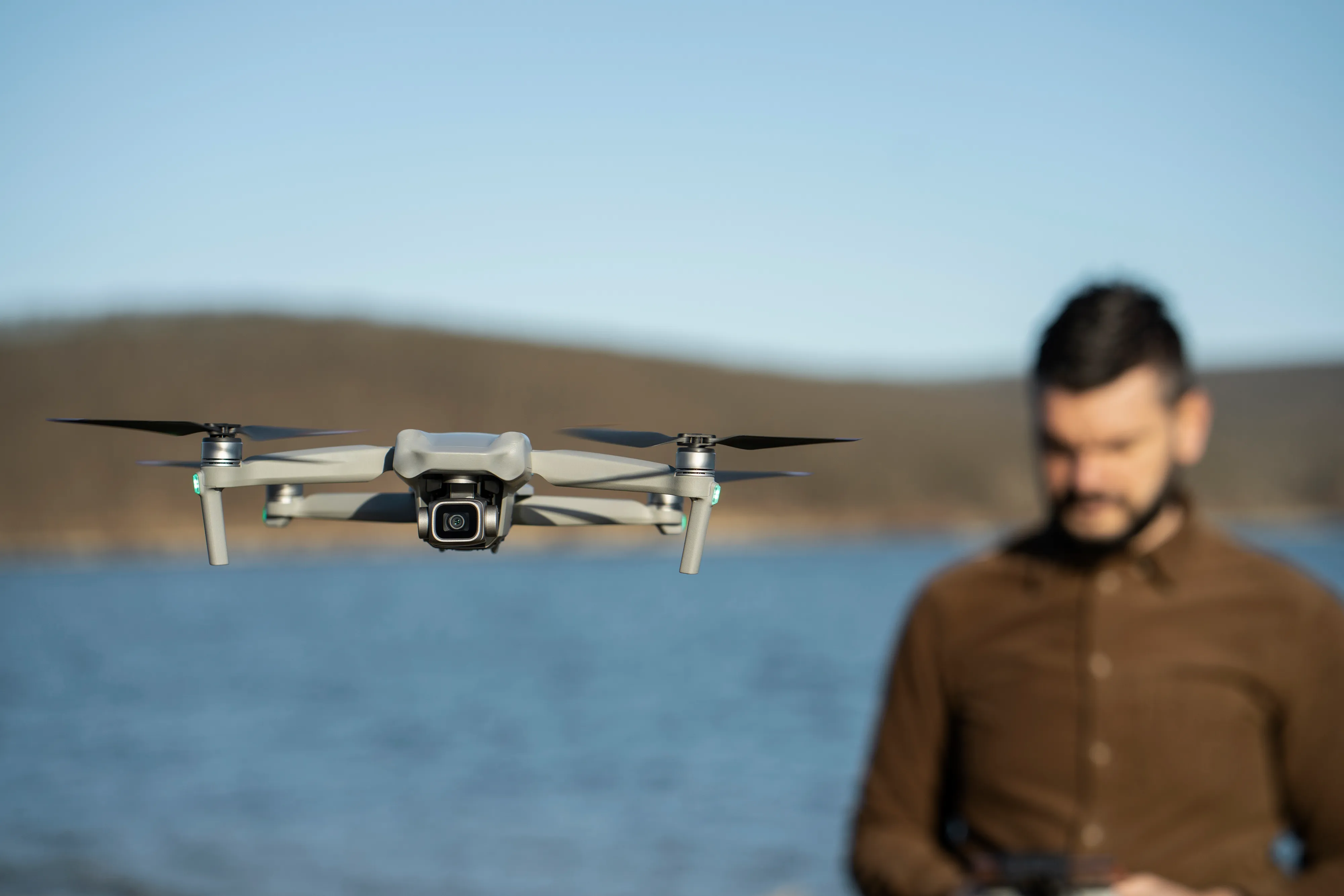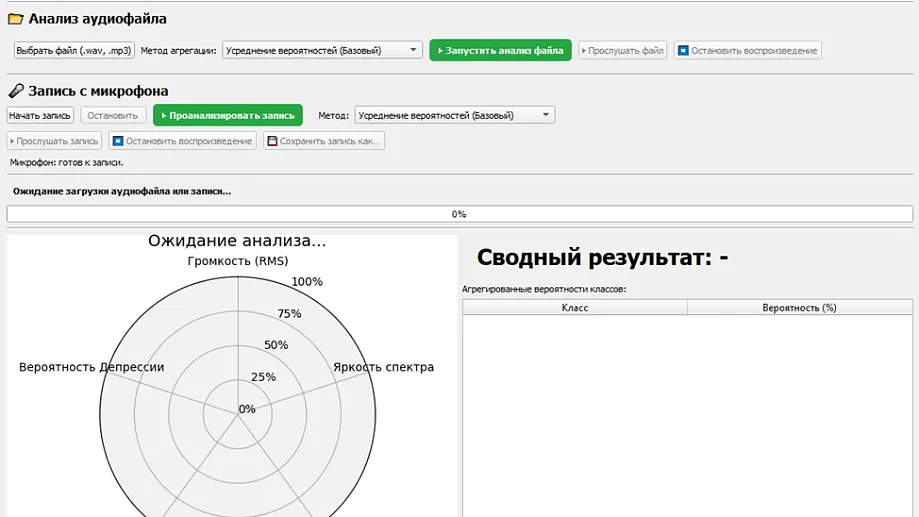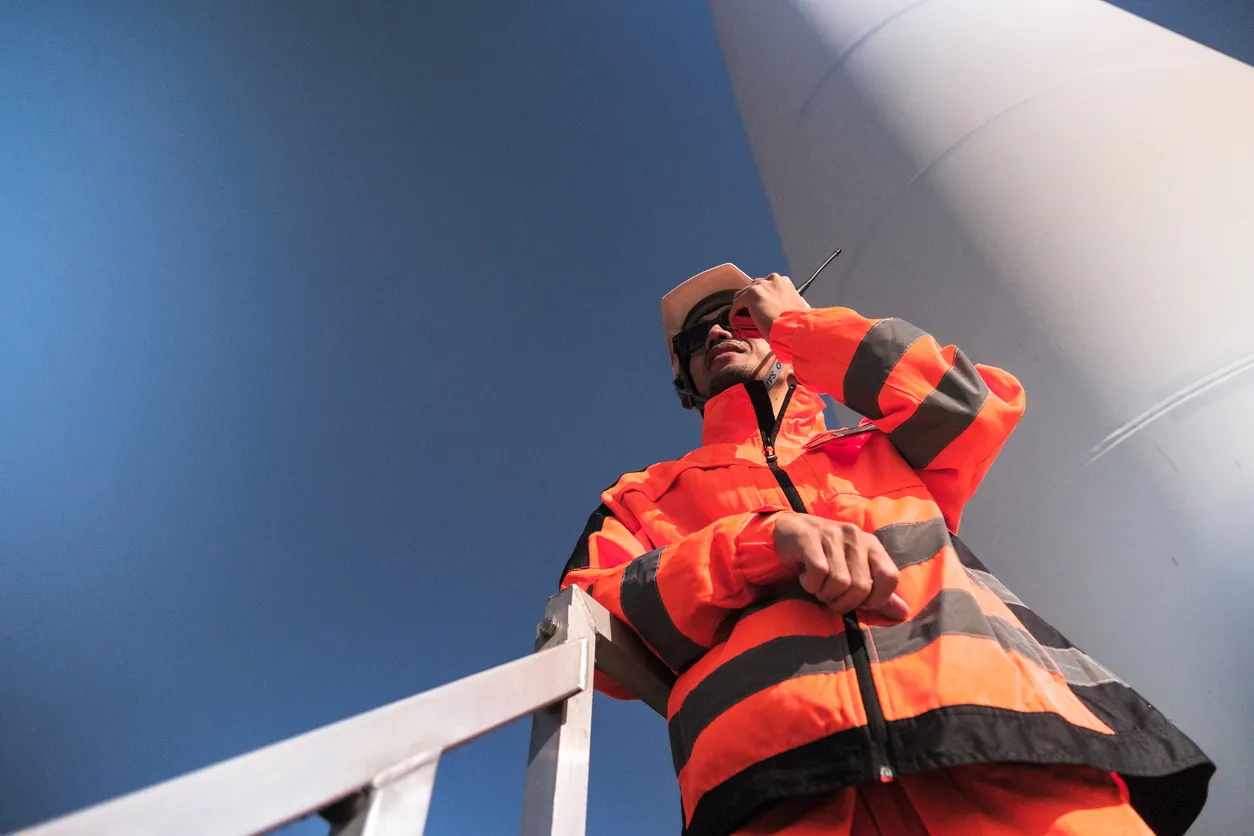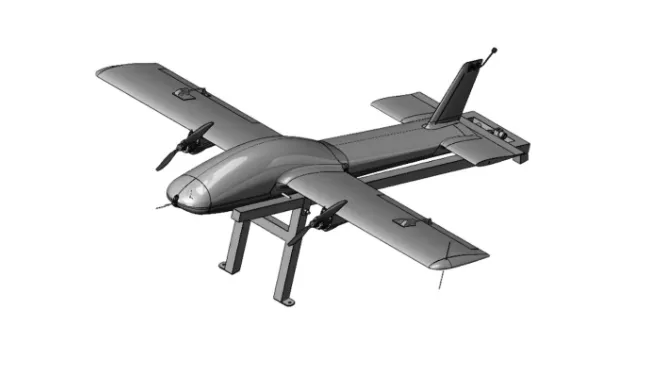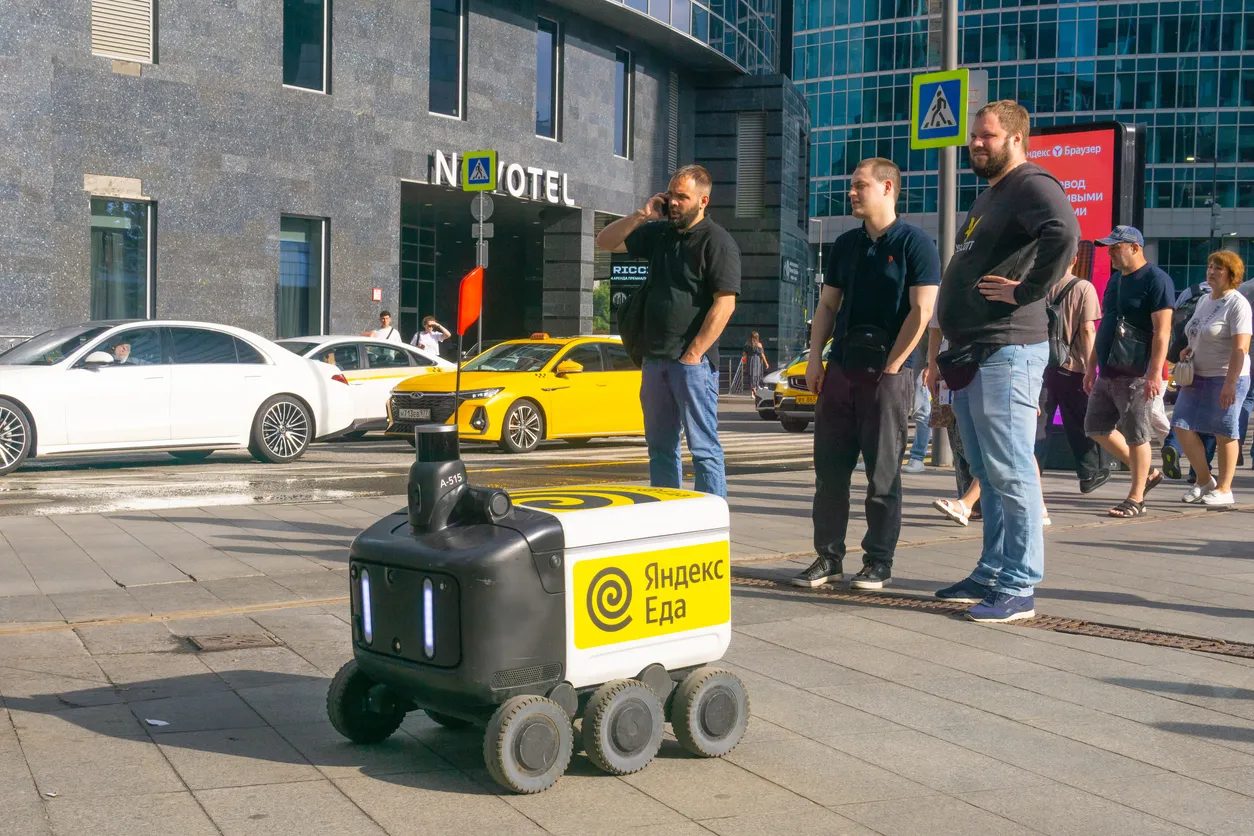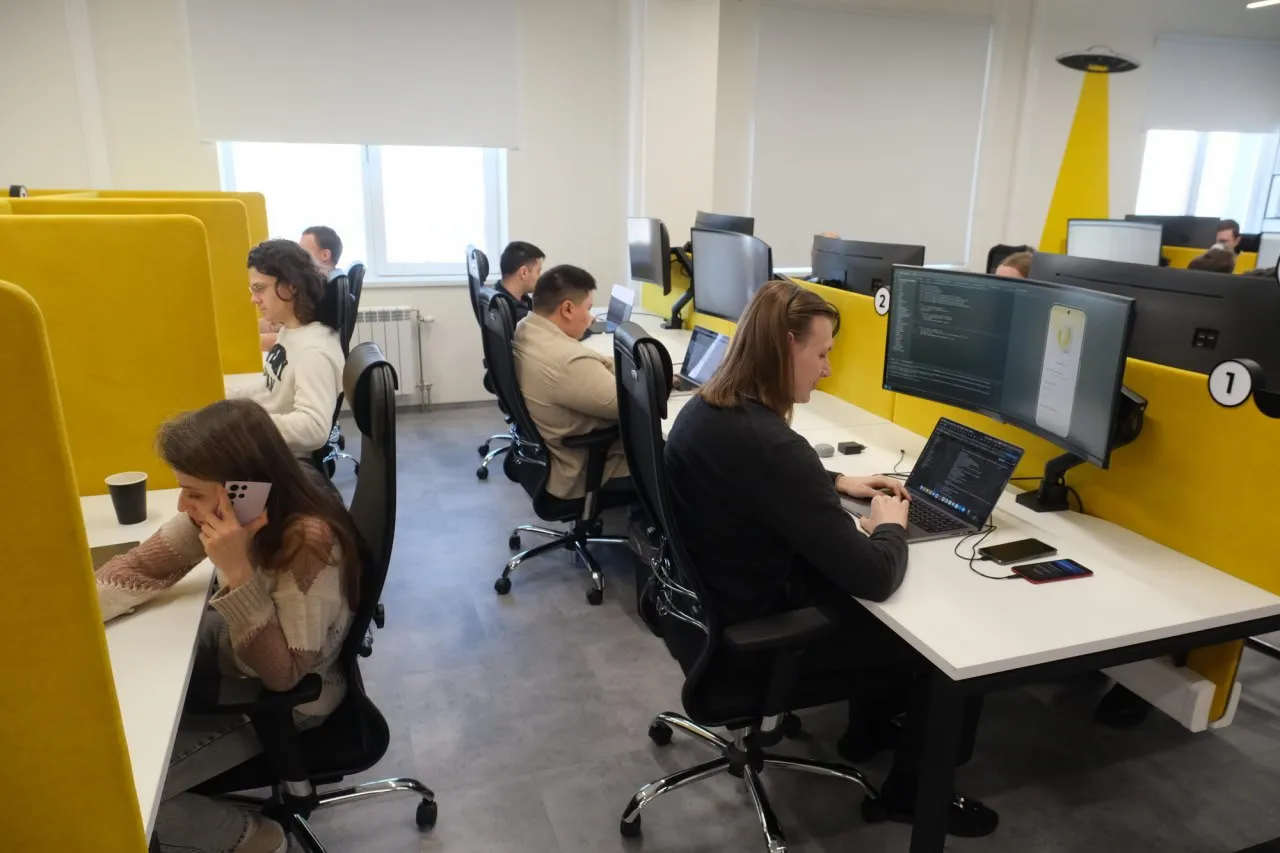Russia Is Creating a Digital Health Profile to Track Aging
Scientists are developing a system that uses AI to monitor biological markers of aging, aiming to slow their accumulation and extend healthy life spans.

At the Eastern Economic Forum in Vladivostok (September 3–6), Russian researchers unveiled a project called the “digital health profile,” which is being tested in cities where Rosatom operates. The idea is to create a personalized health passport that records genetic and epigenetic characteristics and uses them to track the buildup of dangerous markers linked to aging and disease.
The initiative is led by Alexander Sergeev, academician and scientific director of the National Center for Physics and Mathematics, who explained that the work has been underway for two years in the closed city of Lesnoy, Sverdlovsk Region.
Artificial intelligence plays a key role by analyzing vast datasets of markers that reveal when a body shifts from a healthy state to the onset of illness. For a long and productive life, experts argue, it is crucial that organs age at roughly the same pace. The program already has the backing of leading scientists from the Russian Academy of Sciences, and a dedicated research direction has been created around it.
According to IT-Russia, mass adoption of neural networks for anti-aging purposes could become a reality within 10 to 15 years. Russian teams are also applying AI to drug discovery for cancer and Alzheimer’s disease, with the technology cutting the time from molecule design to production by several fold.


